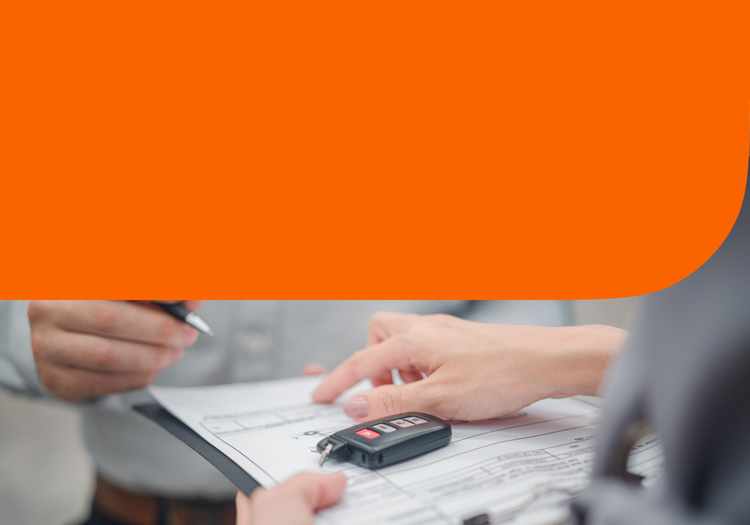


Express Lane{ca-indigo-700}
What’s the Difference Between a Lease and Finance? Which Option Is Right for You?
One of the biggest decisions you’ll face when shopping for a car is whether to lease or finance. Each option has unique advantages, and the right choice depends on your budget, lifestyle, and long-term financial goals.
While financing leads to full ownership, leasing provides lower monthly payments and allows car swapping every few years. Understanding the difference between a lease and finance can help you make the best decision for your needs.
What is auto financing?
Auto financing involves buying rather than renting. You make monthly payments until the vehicle is fully paid off, at which point you own it outright.
Key features of financing
- You own the car – Once the financing obligation is met, you can keep, sell, or trade the vehicle
- Higher monthly payments – Monthly payments are greater than lease payments because you're paying off the car's full purchase price
- No mileage restrictions – You can drive as much as you need without penalties
- Customizations allowed – Since you own the car, you can modify it however you like
- Long-term savings – After repaying the debt, you no longer have a monthly car payment
What is auto leasing?
Leasing is like renting a car for a set period, typically two to three years. You make monthly payments but don’t own the car. At the end of the lease, you return the vehicle unless you choose to buy it.
Key features of leasing
- Lower monthly payments – Lease payments are typically less than finance payments because you only pay for depreciation
- Drive a new car every few years – Leasing lets you upgrade to newer models with the latest technology and safety features
- Warranty coverage – Most leased vehicles are warranted for the duration of the lease, reducing repair costs
- Mileage limits – Most leases have mileage restrictions (typically 10,000-12,000 miles per year). Going over the limit can result in extra fees.
- No resale worries – At the end of the lease, you can simply return the vehicle without worrying about its trade-in value
Which saves you more?
Leasing is typically more affordable in the short term, as monthly lease payments are generally lower. However, you will always have a car payment if you continue leasing. Financing is typically the better financial decision if you plan to keep a car for many years.
Common questions about leasing and financing
Can I buy my leased car?
Yes! Most leases include a buyout option, allowing you to purchase the car at the end of the lease term.
Does leasing or financing affect my credit score?
Both options impact your credit in similar ways. Leasing and financing require on-time monthly payments, which help build your credit score. However, missed payments can negatively affect your credit.
What happens if I exceed my lease mileage limit?
If you exceed your lease’s mileage cap, you’ll have to pay a per-mile fee — usually $0.15 to $0.30 per extra mile. If you drive a lot, financing might be a better option.
Is leasing a good option for those with bad credit?
Leasing a car can be difficult with bad credit, as many dealerships require a high credit score.
Making the right decision for you
Consider your priorities when deciding whether to lease or finance. If long-term ownership is important to you, financing may be the better option. On the other hand, leasing could be more suitable if lower monthly payments and the ability to upgrade every few years are your main concerns.
Drivers who rack up a lot of miles may find financing more practical, as leases typically come with mileage limits. If you want to minimize maintenance costs, leasing a newer vehicle under warranty can help reduce repair expenses.
If you’re leaning towards financing, Credit Acceptance assists drivers of all credit backgrounds. Get started on the auto financing pre-qualification process today!